Danish Prime Minister Mette Frederiksen recently revealed that part of her speech to parliament was written by the artificial intelligence tool ChatGPT. Ms. Frederiksen's shocking information shows the progress of technology but also expresses concerns about the "risk of extinction" caused by artificial intelligence (AI).
When ChatGPT replaces the speechwriter
On May 31, Prime Minister Mette Frederiksen shocked Danish lawmakers when she revealed that she had used ChatGPT to write parts of her speech in parliament. “What I read in parliament is not mine or anyone else’s,” Ms. Frederiksen said.
According to Le Point newspaper, in a part of Prime Minister Mette Frederiksen's speech in Danish, compiled by ChatGPT, there are the following sentences: "It has been an honor and a challenge to lead an expanded government in the last parliamentary year"; "We have worked hard to cooperate across parties and ensure a strong and sustainable future in Denmark". ChatGPT also wrote: "We have taken measures to combat climate change and ensure a fairer, more inclusive society - where everyone has equal opportunities".
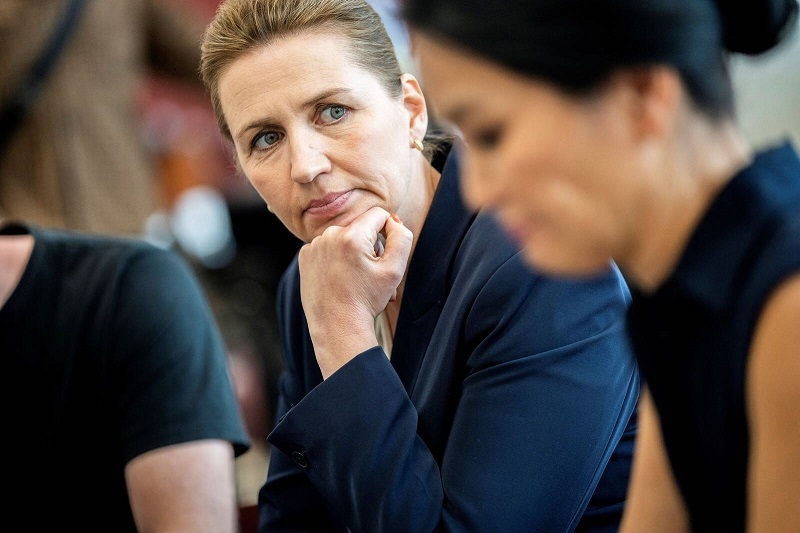 |
| Danish Prime Minister Mette Frederiksen said ChatGPT was both fascinating and terrifying. Photo: Reuters |
And again, ChatGPT stressed: “We have also worked to strengthen our health and social systems, so that every citizen can get the help they need”; or “Although we have faced challenges and opposition along the way, I am proud of what we have achieved together during the last parliamentary term”.
For the leader of Denmark’s Social Democratic Party, who delivered a political assessment speech at the end of the recent parliamentary session, the conversational bot developed by OpenAI has the potential to mislead listeners and could also be a source of concern. “While not entirely accurate, ChatGPT has a detailed understanding of the government’s agenda… What ChatGPT can do is both fascinating and terrifying,” Frederiksen concluded.
Threat of extinction
ChatGPT is one of the latest examples of AI's impressive capabilities. However, this has also raised some concerns about the misuse of this technology, especially misinformation or the risk of mass employee replacement. Speaking at the 15th Congress of the European Trade Union Confederation at the end of May, President of the European Commission (EC) Ursula Von der Leyen said that 25% of European companies are planning to use AI tools in human resource management and some of these tools could be used to automatically fire employees. She stated: "Every algorithm is created by a programmer and this person has a knowledge base, has biases. So no algorithm is without biases." The EC President emphasized that for this reason, it is necessary to be clear and not to fire anyone because of an algorithm and there must be rules.
The threat of extinction posed by AI was also on the agenda of the US-EU trade summit in Luleå, Sweden on May 31. Ahead of the meeting, a group of business leaders and technology experts, including Sam Altman, creator of ChatGPT, warned of the extinction threats to humanity posed by the rise of AI. Geoffrey Hinton, considered one of the fathers of AI, told the press that he was afraid of his own creation. Technology experts said that addressing AI-related risks should be a “global priority alongside other risks across society, such as pandemics and nuclear war.”
According to Yoshua Bengio, a researcher known as the “godfather of AI” in Canada, some AI technologies are getting closer to human intelligence. Concluding that the day AI becomes a real threat to humanity may come much sooner than anyone predicts, Mr. Bengio urged AI scientists to coordinate with experts in many other fields, as well as relevant governments, to make a more comprehensive and in-depth assessment of possible worst-case scenarios and find measures to prevent them.
PHUONG VU
Source


![[Photo] Bustling Mid-Autumn Festival at the Museum of Ethnology](https://vphoto.vietnam.vn/thumb/1200x675/vietnam/resource/IMAGE/2025/10/4/da8d5927734d4ca58e3eced14bc435a3)


![[Photo] Solemn opening of the 8th Congress of the Central Public Security Party Committee, term 2025-2030](https://vphoto.vietnam.vn/thumb/1200x675/vietnam/resource/IMAGE/2025/10/4/f3b00fb779f44979809441a4dac5c7df)
![[Photo] General Secretary To Lam attends the 8th Congress of the Central Public Security Party Committee](https://vphoto.vietnam.vn/thumb/1200x675/vietnam/resource/IMAGE/2025/10/4/79fadf490f674dc483794f2d955f6045)

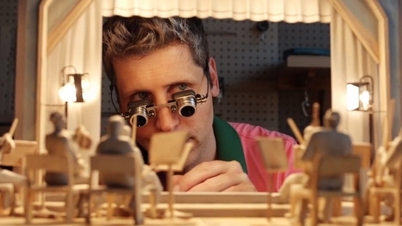

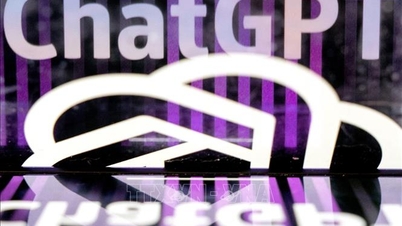

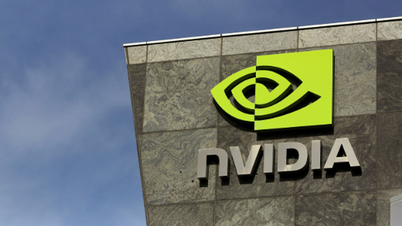








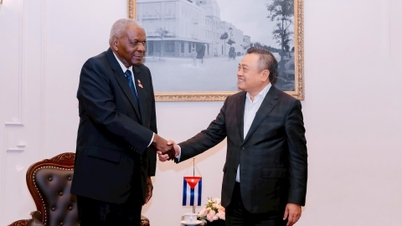
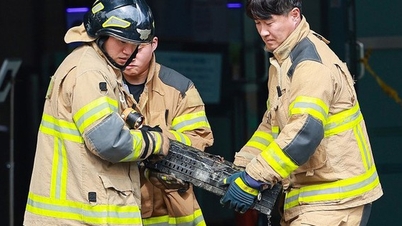









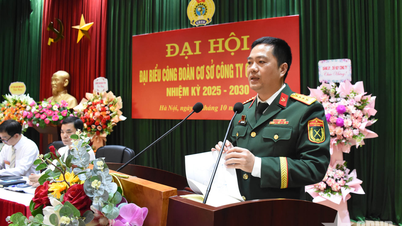





























![[VIDEO] Summary of Petrovietnam's 50th Anniversary Ceremony](https://vphoto.vietnam.vn/thumb/402x226/vietnam/resource/IMAGE/2025/10/4/abe133bdb8114793a16d4fe3e5bd0f12)

![[VIDEO] GENERAL SECRETARY TO LAM AWARDS PETROVIETNAM 8 GOLDEN WORDS: "PIONEER - EXCELLENT - SUSTAINABLE - GLOBAL"](https://vphoto.vietnam.vn/thumb/402x226/vietnam/resource/IMAGE/2025/7/23/c2fdb48863e846cfa9fb8e6ea9cf44e7)















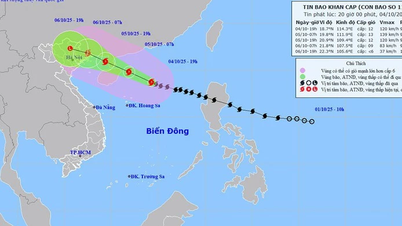

















Comment (0)